On June 27, the South Korean Foreign Ministry confirmed that Washington and Seoul discussed bilateral cooperation in the field of nuclear security.
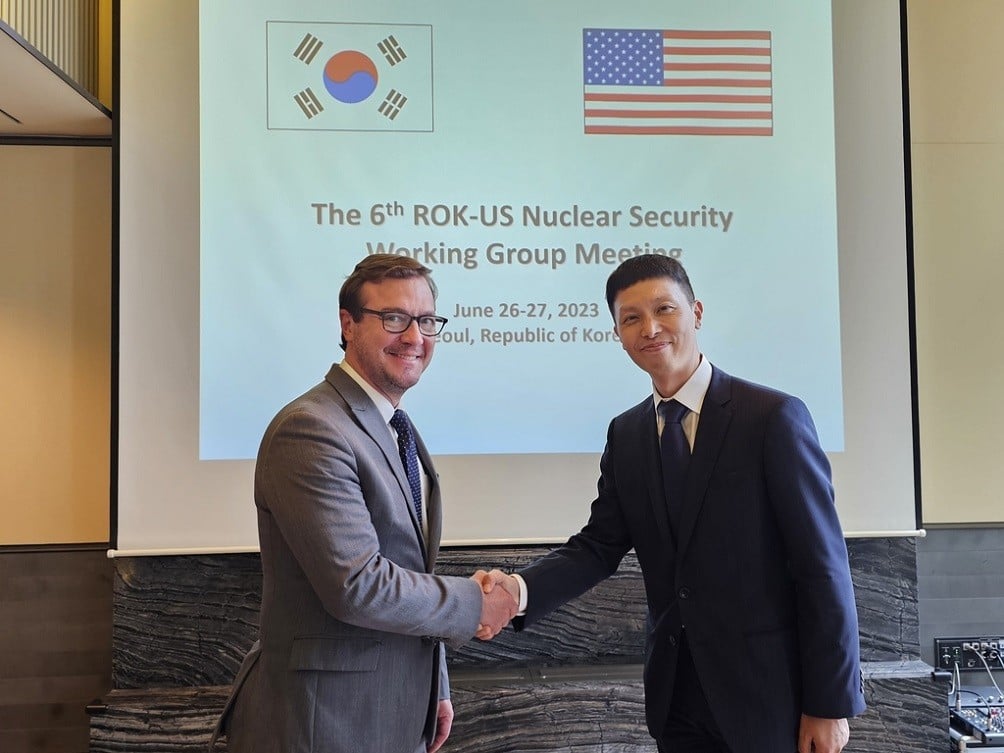 |
| Yoon Jong Kwon, director general of the Korean Foreign Ministry 's nonproliferation and nuclear affairs bureau, (right), and Art Atkins, senior official of the U.S. National Nuclear Security Administration, (left) at the 6th U.S.-Korea Nuclear Security Working Group meeting on June 26. (Source: Yonhap) |
On June 26-27 in Seoul, Yoon Jong Kwon, director general of the Korean Foreign Ministry's nonproliferation and nuclear affairs bureau, and Art Atkins, senior official of the US National Nuclear Security Administration, co-chaired the 6th US-ROK nuclear security working group meeting.
In particular, the two sides agreed to increasingly cooperate closely to reduce the production of highly enriched uranium, strengthen cyber security for nuclear facilities, as well as enhance preparedness and response to nuclear and radiological terrorism.
In addition, the US and South Korea also agreed to cooperate to prepare for the International Conference on Nuclear Security scheduled to be held in Vienna, Austria in May next year.
On the same day, the Ministry of Trade, Industry and Energy of South Korea revealed that in order to ensure safe operations and promote the country's nuclear power industry, Seoul has reached a deal worth 260 billion won (225 million USD) to build a tritium removal facility at a Romanian nuclear power plant.
Under an agreement with Romanian nuclear energy company SNN - Nuclearelectrica, Korea Hydro and Nuclear Power (KHNP) will build a facility at the Cernavoda Nuclear Power Plant to extract tritium from heavy water and store it in a safe form. The construction project is expected to be completed by August 2026 and the new facility will be put into commercial operation from 2027.
Removing tritium from heavy water would significantly reduce the amount of radioactive waste remaining, thereby minimizing the radiological risks to humans and the environment, while saving the energy required to produce new heavy water.
Source



![[Photo] Closing ceremony of the 18th Congress of Hanoi Party Committee](https://vphoto.vietnam.vn/thumb/1200x675/vietnam/resource/IMAGE/2025/10/17/1760704850107_ndo_br_1-jpg.webp)










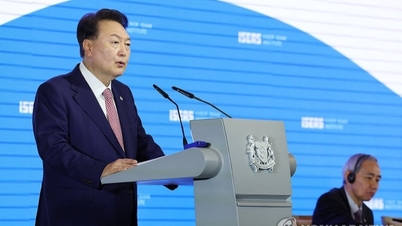

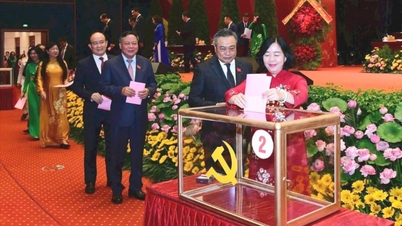


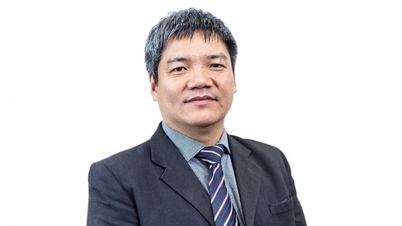

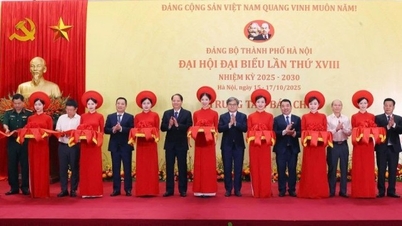








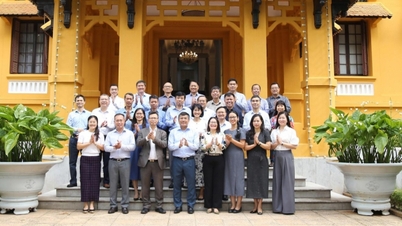


![[Photo] Nhan Dan Newspaper launches “Fatherland in the Heart: The Concert Film”](https://vphoto.vietnam.vn/thumb/1200x675/vietnam/resource/IMAGE/2025/10/16/1760622132545_thiet-ke-chua-co-ten-36-png.webp)






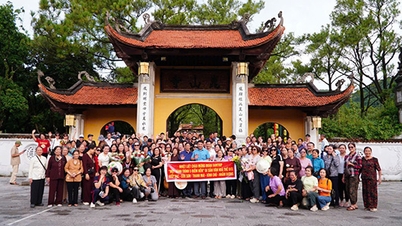




































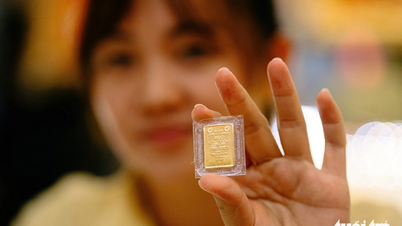


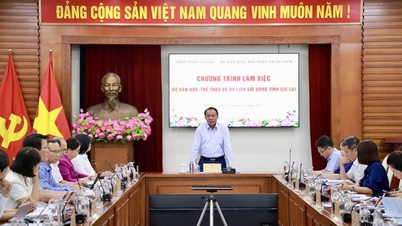
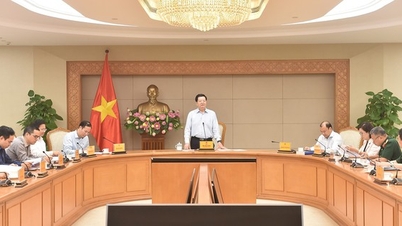
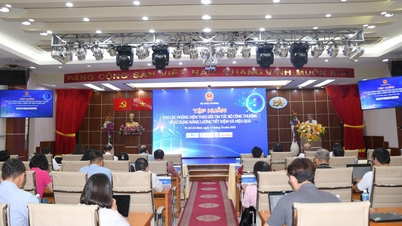



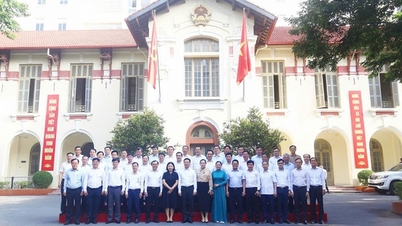







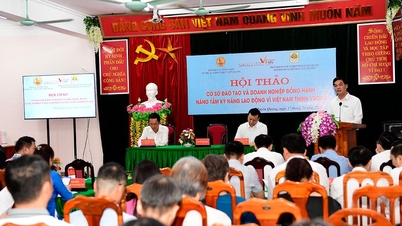

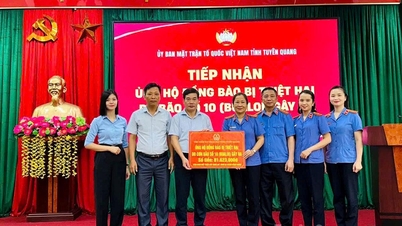
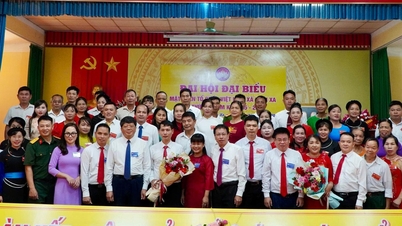














Comment (0)